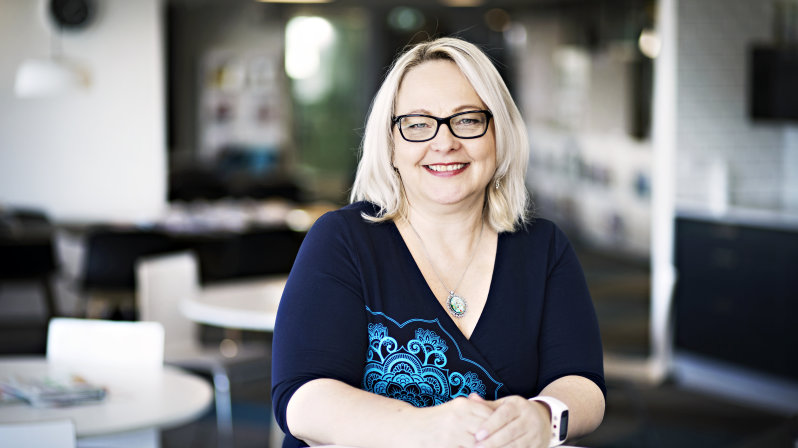Pay transparency increases equality
According to Erika Kähärä, PAM's work environment expert, unjustified wage differences can be effectively tackled by increasing wage transparency. The statistics show that there are still wage differences in the service sector, and at least part of them are unjustified. Why do some people get more paid for the same work?
According to the Nordic wage earners’ organizations, equal pay has not yet been fully achieved in the service sector. We still need actions so that employees are on the same page when it comes to salary matters.
Promoting the Wage Transparency Act has been a central goal for all Nordic wage earners’ organizations. The women’s network of these organizations also pushes the issue strongly. Erika Kähärä is happy for the good cooperation between the Nordic countries and that the discussion on equality has started.
“Our societies and cultures are very similar, the differences are smaller compared with for example Southern European countries. It is easy for the Nordic countries to exchange experiences and learn from each other’s good practices.”
Kähärä says that Iceland has clearly been a pioneer in salary transparency, so it can provide good examples on how the reform can be pushed forward effectively. Another example can be found in Sweden.
“The Swedes have been successful in changing attitudes about the use of family leave. In Sweden, even the parent who has not given birth takes family leave clearly more often than here.”
However, the development of equality in the labor market has recently stalled. In some Nordic countries, the wage gap between women and men is even increasing now for the first time in years.
In this situation, Kähärä sees that cooperation with neighbours is important and hopes that in the future it would be possible to jointly study and reveal which factors are holding back the equality development in our Nordic societies.
Text:: Niina Melanen



